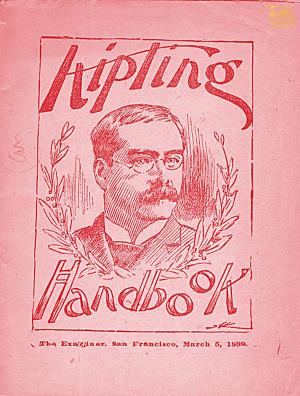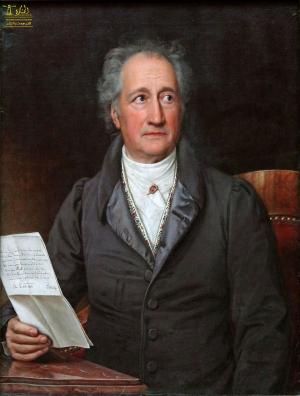| Author: | Pauline Nealy, Longinus | ISBN: | 9783593301624 |
| Publisher: | Lighthouse Books for Translation Publishing | Publication: | March 4, 2019 |
| Imprint: | Lighthouse Books for Translation and Publishing | Language: | English |
| Author: | Pauline Nealy, Longinus |
| ISBN: | 9783593301624 |
| Publisher: | Lighthouse Books for Translation Publishing |
| Publication: | March 4, 2019 |
| Imprint: | Lighthouse Books for Translation and Publishing |
| Language: | English |
Longinus, also called Dionysius Longinus or Pseudo-Longinus, (flourished 1st century ad), name sometimes assigned to the author of On the Sublime (Greek Peri Hypsous), one of the great seminal works of literary criticism. The earliest surviving manuscript, from the 10th century, first printed in 1554, ascribes it to Dionysius Longinus. Later it was noticed that the index to the manuscript read “Dionysius or Longinus.” The problem of authorship embroiled scholars for centuries, attempts being made to identify him with Dionysius of Halicarnassus, Cassius Longinus, Plutarch, and others. The solution has been to name him Pseudo-Longinus.
On the Sublime apparently dates from the 1st century ad, because it was a response to a work of that period by Caecilius of Calacte, a Sicilian rhetorician. About a third of the manuscript is lost. Longinus defines sublimity (Greek hypsos) in literature as “the echo of greatness of spirit,” that is, the moral and imaginative power of the writer that pervades a work. Thus, for the first time greatness in literature is ascribed to qualities innate in the writer rather than in the art.
The author suggests that greatness of thought, if not inborn, may be acquired by emulating great authors such as his models (chief among them Homer, Demosthenes, and Plato). Quotations that were chosen to illustrate the sublime and its opposite occasionally also preserve work that would otherwise now be lost—e.g., one of Sappho’s odes. Longinus is one of the first Greeks to cite a passage from the Bible (Genesis 1:3–9). See also sublime.
Longinus, also called Dionysius Longinus or Pseudo-Longinus, (flourished 1st century ad), name sometimes assigned to the author of On the Sublime (Greek Peri Hypsous), one of the great seminal works of literary criticism. The earliest surviving manuscript, from the 10th century, first printed in 1554, ascribes it to Dionysius Longinus. Later it was noticed that the index to the manuscript read “Dionysius or Longinus.” The problem of authorship embroiled scholars for centuries, attempts being made to identify him with Dionysius of Halicarnassus, Cassius Longinus, Plutarch, and others. The solution has been to name him Pseudo-Longinus.
On the Sublime apparently dates from the 1st century ad, because it was a response to a work of that period by Caecilius of Calacte, a Sicilian rhetorician. About a third of the manuscript is lost. Longinus defines sublimity (Greek hypsos) in literature as “the echo of greatness of spirit,” that is, the moral and imaginative power of the writer that pervades a work. Thus, for the first time greatness in literature is ascribed to qualities innate in the writer rather than in the art.
The author suggests that greatness of thought, if not inborn, may be acquired by emulating great authors such as his models (chief among them Homer, Demosthenes, and Plato). Quotations that were chosen to illustrate the sublime and its opposite occasionally also preserve work that would otherwise now be lost—e.g., one of Sappho’s odes. Longinus is one of the first Greeks to cite a passage from the Bible (Genesis 1:3–9). See also sublime.















